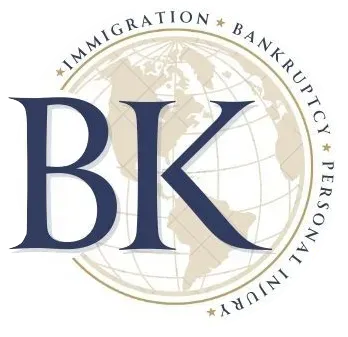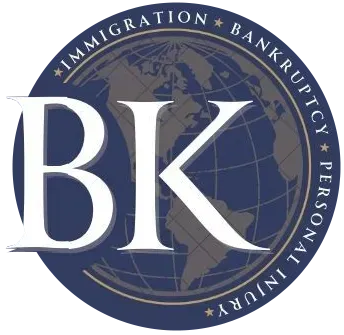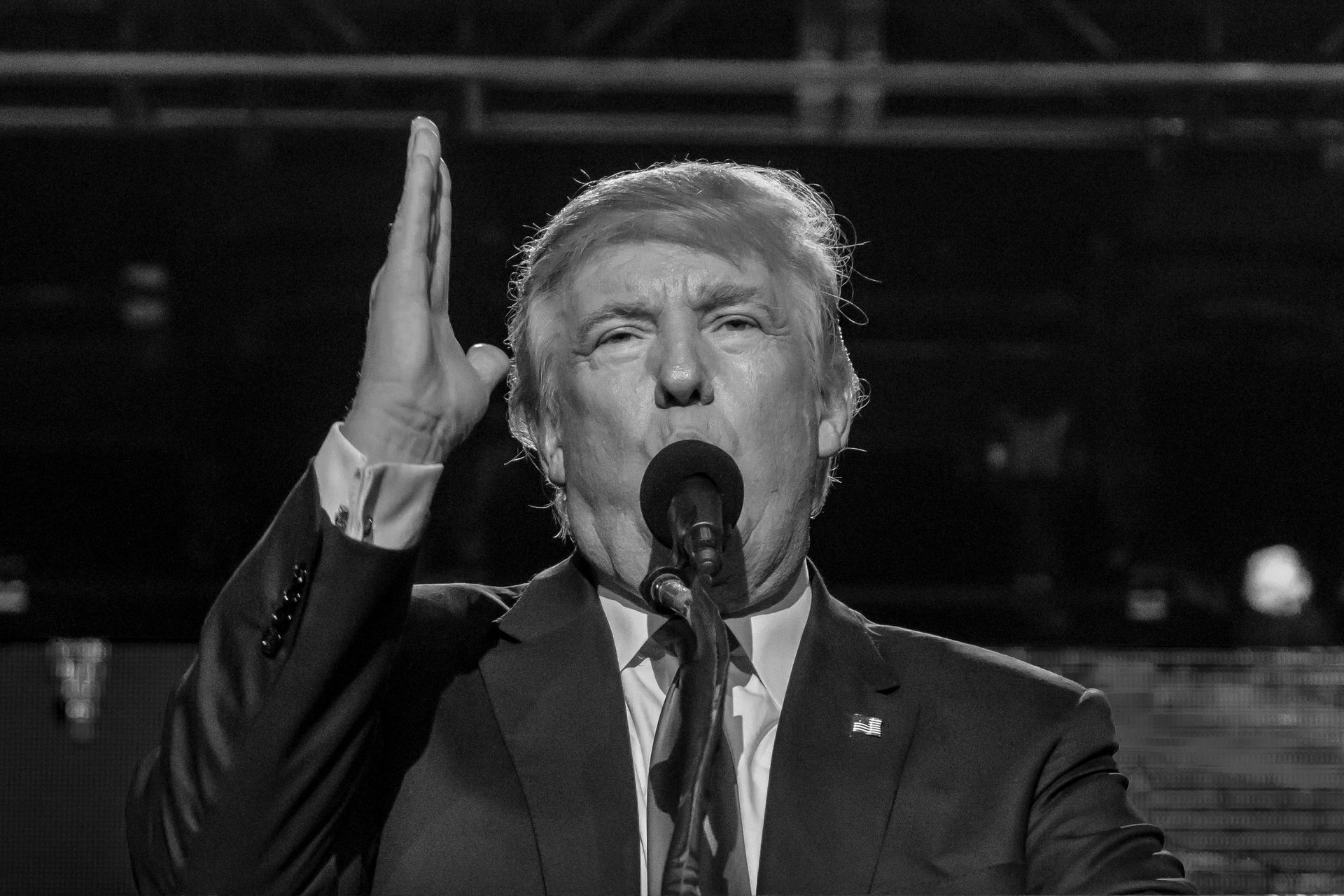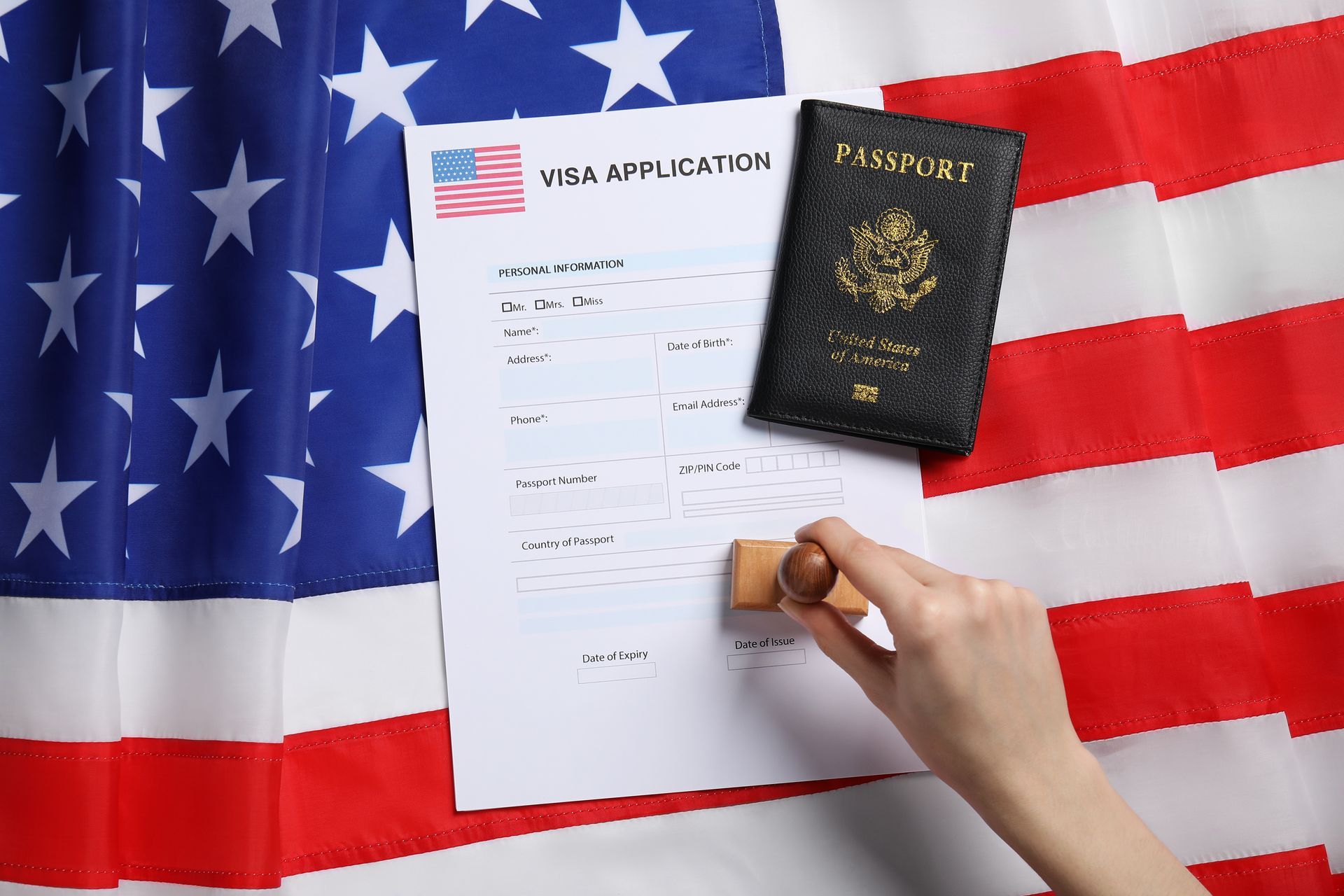Contact Us
Phone: 813-519-5100
Location
1453 West Busch Blvd.
Tampa, FL 33612
Hours
- Mon - Fri
- -
- Saturday
- -
- Sunday
- Closed
Schedule a Case Evaluation
Contact us now!
Hours
- Mon - Fri
- -
- Saturday
- -
- Sunday
- Closed
Disclaimer: The information on this website is for general information purposes only. Nothing on this site should be taken as legal advice for any individual case or situation. This information is not intended to create, and receipt or viewing does not constitute an attorney-client relationship.
© 2026
All Rights Reserved | Buenaventura Koss, PLLC | Powered By Convert It Marketing | Privacy Policy
© 2026
All Rights Reserved | Buenaventura Koss, PLLC | Powered By Convert It Marketing | Privacy Policy








